Advisory Council
The Global Health 50/50 Advisory Council is an informal group whose members guide the initiative and serve as its Ambassadors in their personal capacities.
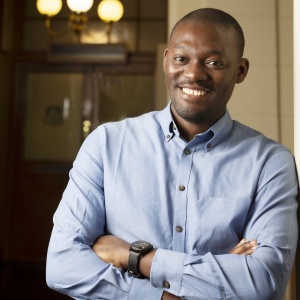
Seye Abimbola
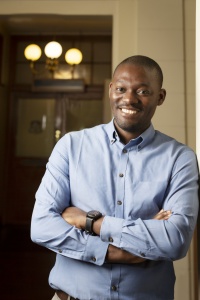
Dr Seye Abimbola is a health systems researcher. He has worked as a health care practitioner and/or researcher in Nigeria where he completed his medical training at Obafemi Awolowo University, Ile-Ife; in Australia where completed an MPhil in Public Health and PhD in health systems research at the University of Sydney, and in the United Kingdom where he was a Sidney Sax Overseas Early Career Fellow at the University of Oxford, funded by the National Health and Medical Research Council of Australia. From 2009-10, Dr Abimbola was a Rotary Foundation Ambassadorial Scholar at the George Institute for Global Health in Australia, and from 2010-13 he was a research fellow at the National Primary Health Care Development Agency in Nigeria. Dr Abimbola studies community engagement in governance, decentralised governance and the role of governance in the adoption and scale up of health system innovations. He is a senior lecturer in global health at the University of Sydney, and the editor in chief of BMJ Global Health.
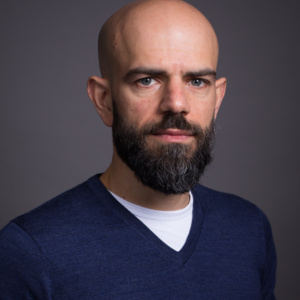
Tammam Aloudat
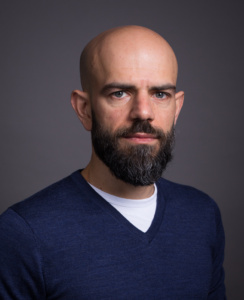
Dr Tammam Aloudat is a Syrian physician and humanitarian worker. He was formerly President of Médecins Sans Frontières – Doctors without Borders (MSF) Netherlands and the chair of the MSF Operational Centre Amsterdam which provides humanitarian medical assistance to populations affected by conflicts and crises in over 30 countries. He has worked for the International Federation of Red Cross and Red Crescent Societies and MSF on conflicts, natural disasters, forced displacement, and disease outbreaks both directly in field projects and in organizational headquarters. He also holds the position of Section Editor for Humanitarian Health at the PLOS Global Public Health journal and was previously the managing director of the Global Health Centre in the Geneva Graduate Institute for International and Development Studies.
He has worked on a range of issues, including medical standards and quality of care, humanitarian ethics, health justice, decoloniality in humanitarianism and health governance, palliative care, and access to medicines.
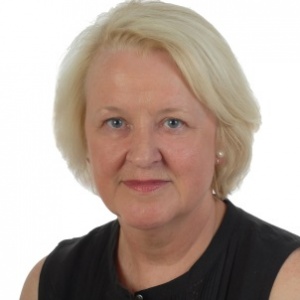
Jan Beagle
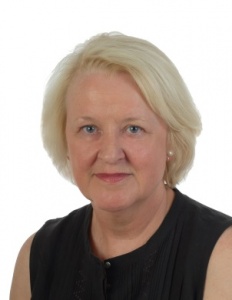
Jan Beagle is a diplomat from New Zealand. Formerly, she served as the Under-Secretary-General for Management at the United Nations, and as Deputy Executive Director of UNAIDS. She has more than 30 years of experience in diplomatic, political, strategic, management and intergovernmental and interagency affairs, and has made important contributions in leading and advancing change management initiatives in the Secretariat and at the level of the United Nations system. Ms Beagle also serves as the Chair of the High Level Committee on Management.
With a focus across the development, health, gender, human rights, peace and security and humanitarian spheres, Ms Beagle has consistently worked across sectors, promoting interlinkages for joined up strategic action. Ms Beagle is a leading advocate within the UN system for gender equality and gender parity. At UNAIDS she spearheaded the development and implementation of a Gender Action Plan which serves as an accountability platform to provide concrete measures to increase gender parity in UNAIDS, while forming the basis from which to strengthen organizational culture towards gender equality for all staff. She was one of the early appointed International Gender Champions–a leadership network that brings together senior female and male decision makers to break down gender barriers and served as a Co-Chair of the Champions Working Group on Change Management.
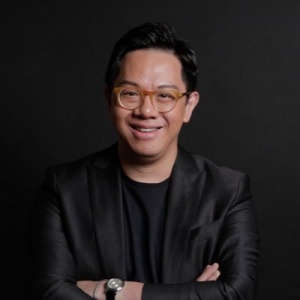
James Chau

James Chau is a British-Chinese news anchor. He was a guest presenter on the award-winning show Horizons on BBC World News, and is now a Special Contributor to CCTV International. His programs are watched by over 100 million people in China and globally.
He has earned a special reputation for his in-depth interviews with world leaders in politics and science. In December 2016, he spoke with Ban Ki-moon in his last conversation as United Nations Secretary-General. Among others, he has interviewed Nobel laureates Kofi Annan, Aung Sang Suu Kyi, Muhammad Yunus and Françoise Barré-Sinoussi – and also Winnie Mandela, Joko Widodo, Robert Mugabe, Tung Chee-hwa, Paul Kagame, Arianna Huffington, Elton John and an exclusive with China’s First Lady Peng Liyuan.
He is a frequent moderator at major events: the UN High-Level Meeting on Antimicrobial Resistance; the G20 Summit with Jack Ma and Justin Trudeau; the Global Partners Meeting on Neglected Tropical Diseases with donors including Bill Gates; and a conversation in Los Angeles on the future of global health with Laura Bush and Charlize Theron.
In 2009, James was named UNAIDS Goodwill Ambassador, and in 2016 he was appointed WHO Goodwill Ambassador for Sustainable Development Goals and Health. Born in London, he studied piano at the Royal Academy of Music, and graduated from Cambridge University where the John CB Chau Prize in Engineering is named for his father. He lives in Beijing.
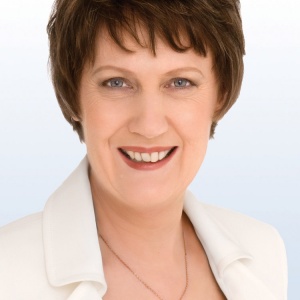
Helen Clark
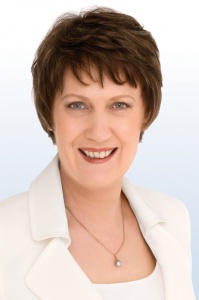
Helen Clark, ranked by Forbes as one of the most powerful women in the world, is a New Zealand politician who served as the 37th Prime Minister of New Zealand from 1999 to 2008, and was the Administrator of the United Nations Development Programme from 2009 to 2017 where she was the highest ranking woman in the United Nations.
Throughout her exceptional career Helen Clark has continued to achieve many firsts, including becoming the first elected woman Prime Minister of New Zealand and the first woman head of UNDP. As Prime Minister, she served for three consecutive terms. During her tenure at UNDP, the ratio of female to male staff reached 50 per cent, including at the most senior levels. She is a member of the Council of Women World Leaders.
Helen Clark is a passionate communicator, and engages widely with the public, using social media as a tool to advocate on important global issues, and was consistently ranked as the top communicator at the UN for her continual interaction with broad audiences. A new film, ‘My Year with Helen’, follows her attempt to become the first female Secretary-General of the United Nations and her continued pursuit of breaking glass ceilings.
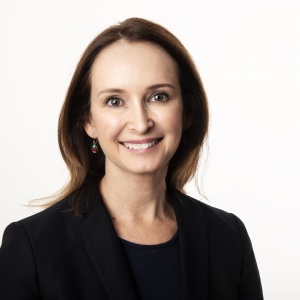
Jocalyn Clark
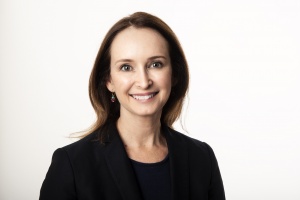
Dr Jocalyn Clark is Canadian public health scientist and professional journal editor, currently working as International Editor at The BMJ in London UK. She has experience working in numerous organisations including as Executive Editor at The Lancet, Executive Editor at icddr,b, an international health research organisation located in Dhaka, Bangladesh, Senior Editor at PLOS Medicine, and Assistant Editor at The BMJ. She is also an adjunct Assistant Professor of medicine at the University of Toronto and former consultant to Grand Challenges Canada. She holds a PhD in Public Health Sciences, for which she was a doctoral fellow of the Canadian Institutes of Health Research, studying the medicalisation of sexual assault and gender-equity in public health issues. Her recent Rockefeller Foundation Bellagio residency produced a 5-part series critiquing The Medicalisation of Global Health.
Jocalyn is dedicated to building capacity in research, writing, and knowledge translation among developing country investigators and institutions, and is a recognised leader in the mechanics of writing, writing for publication, publication ethics, social determinants of health, and global/women’s health. She has over 125 publications in peer-reviewed medical journals.
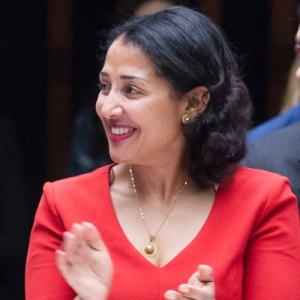
Senait Fisseha

Reproductive endocrinologist and infertility specialist Senait Fisseha is a global leader in expanding access to reproductive health services, especially in developing countries. Dr. Fisseha chaired Dr. Tedros’ successful campaign in 2016-2017 as he was elected the first ever African Director-General of the World Health Organization and led his transition team. She guided the recruitment of the senior leadership team that for the first time represented top talent from 14 countries, including all WHO regions, and is 60% women.
Born in Ethiopia, Dr. Fisseha earned an undergraduate degree from Rosary College in River Forest, Illinois, M.D. and J.D. degrees from Southern Illinois University, and a certificate in International Human Rights and Comparative Law from the University of Oxford. She completed her internship (2000) and residency (2003) in obstetrics and gynecology and fellowship training in reproductive endocrinology and infertility (2006) at the University of Michigan. As adjunct professor of obstetrics and gynecology at U-M, Dr. Fisseha advocates for training and capacity building in contraception and reproductive health services globally. Previously, Dr. Fisseha was medical director of Michigan’s Center for Reproductive Medicine and founding executive director of its Center for International Reproductive Health Training. She helped U-M forge strong partnerships with Ethiopia’s Ministry of Health and the St. Paul Hospital Millennium Medical College in Addis Ababa, and was honored by the Ethiopian Ministry of Health in 2013 for her contributions to the health sector. In 2016, the U-M Medical Center Alumni Society presented her its Early Distinguished Career Achievement Award.
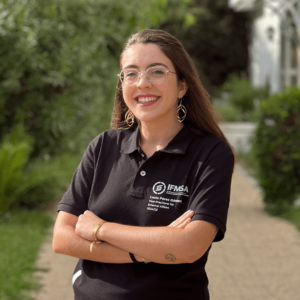
Lucía Pérez Gómez

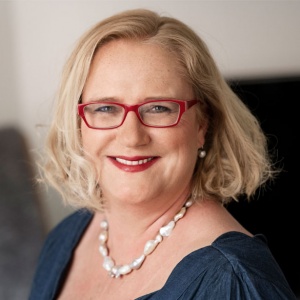
Katja Iversen
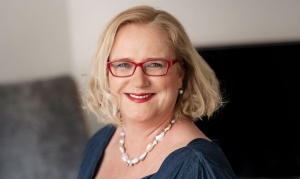
Katja Iversen is an internationally recognised expert on development, advocacy and communications, Katja has over 20 years of experience working in NGOs, United Nations agencies and corporations. She is a member of President Macron’s G7 Gender Equality Advisory Council, the Unilever Sustainability Advisory Council, and the MIT Women & Technology Solve Leadership Group. She is the former President/CEO of Women Deliver. Her unwavering commitment to the principles of equality, justice and human rights was celebrated in 2018 when she was named Dane of the Year.
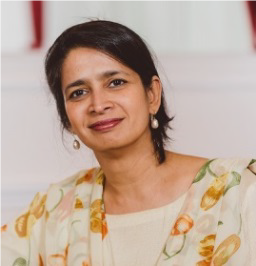
Sharmila Mhatre

Sharmila Mhatre’s expertise in health and economic justice research and policies in low- and middle-income countries is founded on over 20 years of experience leading, designing and managing multi-sectoral investments with government, donor, and civil society collaborators in sub-Saharan Africa, South Asia, Eastern Europe, and Latin America. From 2016 to 2022 she served as the deputy director and then the acting director of the former Public Health Program at the Open Society Foundations.
Prior to joining Open Society, Mhatre worked at Canada’s International Development Research Centre for over a decade where she headed the Governance for Equity in Health Systems program (2010-2016). She is a board member of the British Medical Journal Global Health. Mhatre holds a PhD in health services research from the University of Toronto (1994).
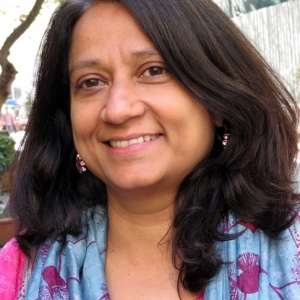
Geeta Misra
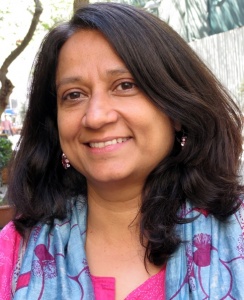
Geetanjali Misra is the Co-Founder and Executive Director of CREA. Geeta, a seasoned activist and grant-maker, is a champion of sexual and reproductive health and rights, gender equality and ending violence against women. Before founding CREA, she was Program Officer, Sexuality and Reproductive Health, for the Ford Foundation in New Delhi where she supported non-governmental organizations in India, Nepal, and Sri Lanka working on sexual and reproductive health and rights. She also co-founded SAKHI for South Asian Women in New York in 1989, a non-profit organization, committed to ending violence against women of South Asian origin.
Geeta is a Board Member of Reproductive Health Matters (UK); and a Member of the Advisory Board of FHI360 (US). She was President of the Board of the Association for Women’s Rights in Development (AWID) from 2006–2008. She co-edited Sexuality, Gender, and Rights: Exploring Theory and Practice in South and Southeast Asia.
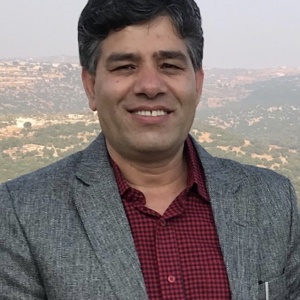
Mahesh Puri
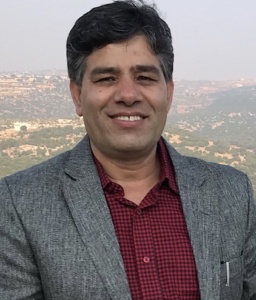
Dr. Mahesh Puri is Co-Director of the Centre for Research on Environment Health and Population Activities (CREHPA) – a national non-profit research organization based in Kathmandu, Nepal. Dr. Puri has been actively involved in the areas of reproductive and sexual health and rights including gender-based violence, menstrual justice and men’s health related research studies and programs for more than 20 years in Nepal and the Asia. His areas of expertise are on mixing of qualitative and quantitative research methods in researching sensitive topics of reproductive and sexual health and rights. His research focuses on menstrual justice, unintended pregnancy and abortion, family planning, maternal and child health, adolescent health, gender-based violence, gender and men’s health. He has published extensively on these issues in international journals. Dr Puri led Nepal team for ever conducted study the Nepal 50/50 on gender (in)equality in the health sector in Nepal. He sits on various national and international advisory committees. Dr Puri has extensive experiences to engage concerned national level stakeholders in the research process and results uptake.
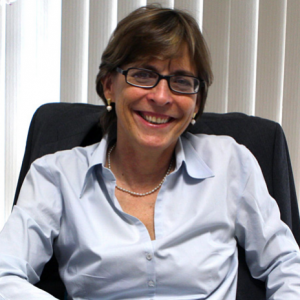
Mariângela Batista Galvão Simão
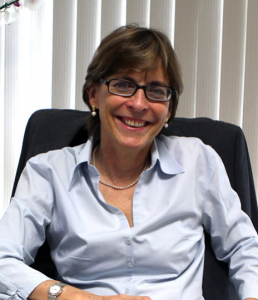
Dr Mariângela Batista Galvão Simão from Brazil has been appointed Assistant Director-General for Drug Access, Vaccines and Pharmaceuticals. Most recently, she was Director of Community Support, Social Justice and Inclusion at UNAIDS. In addition to her work at UNAIDS, she brings more than 30 years of experience working in the Brazilian public health system and has played an active role in enhancing access and decentralizing health services in the country.
Between 2006 and 2010, she served as Director of the National STD/AIDS and Viral Hepatitis Department in the Brazilian Ministry of Health, where she led successful price negotiations with pharmaceutical companies to lower the price of HIV medication. During this time, she also represented the Brazilian Ministry of Health in the negotiations that led to the constitution of UNITAID in 2006, including its governing body, where she served as a board member until 2008. She was trained as a paediatrician in Brazil and holds an MSc degree in public health from University of London, United Kingdom.
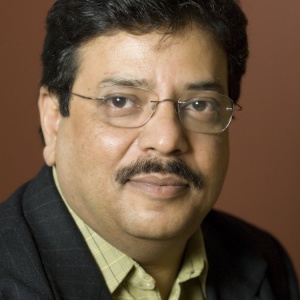
Ravi Verma
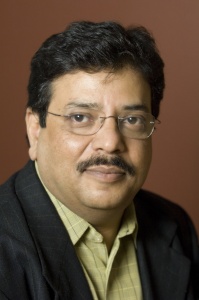
Ravi Verma is Regional Director for the International Centre for Research on Women’s (ICRW) Asia Regional Office in New Delhi, India. Over the past three decades he has worked on issues of men, masculinities, male sexual health and gender equality as they relate to violence against women, reproductive health including family planning and HIV and AIDS in India and the Asia region. He has published extensively on these issues in both Indian and international journals. Ravi is also serving as a Chair of the Indian National Technical Resource Group on Stigma and Vice Chair of the Indian National AIDS Control, Ethics Review Committee, and sits on advisory committees on the government’s response to child marriage, gender-based violence and adolescent health. He has served as a member of High Level Committee on the Status of Women (HLCSW), Government of India and the Rights & Empowerment working group of the FP2020 Initiative.
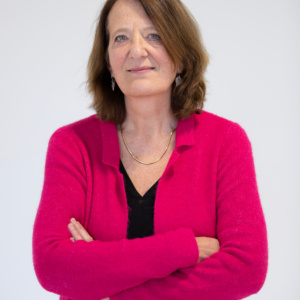
Marijke Wijnroks
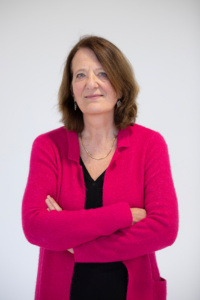
Marijke Wijnroks has served as Head of the Strategy, Investment and Impact Division since January 2023. She served as Chief of Staff at the Global Fund from 2013 to 2022. During that time, she also served as interim Executive Director from June 2017 to February 2018, as interim Head of Human Resources from September 2021 to February 2022, and interim Head of the Strategy, Investment and Impact Division from April to December 2022.
As head of the Strategy, Investment and Impact Division, Wijnroks oversees four departments: Access to Funding, Health Finance, Community, Rights and Gender, and Technical Assistance and Partnerships. She also oversees the Catalytic Investments Office, and acts as as Chair of the Grants Approval Committee.
With over 30 years of experience in global health and development, Wijnroks began her career as a field doctor with Médecins Sans Frontières in Sudan. She spent five years in El Salvador as a technical adviser developing health systems for the Pan American Health Organization (PAHO/WHO), and two years as a project manager with Helen Keller International in Bangladesh focusing on maternal and child health.
Wijnroks has served as ambassador for HIV and AIDS, and deputy director of the social development department, both with the Dutch Ministry of Foreign Affairs, overseeing policy and strategy development in areas related to HIV and AIDS, sexual and reproductive health and rights, gender, education and civil society. Before joining the Global Fund, Wijnroks served one term on the Global Fund Board as a Board Member and two terms as an alternate Board Member, as well as for two years as vice–chair of the Board’s Ethics Committee.
Wijnroks earned a medical degree from Maastricht University and a degree in tropical health and medicine from the Institute for Tropical Medicine in Antwerp.

